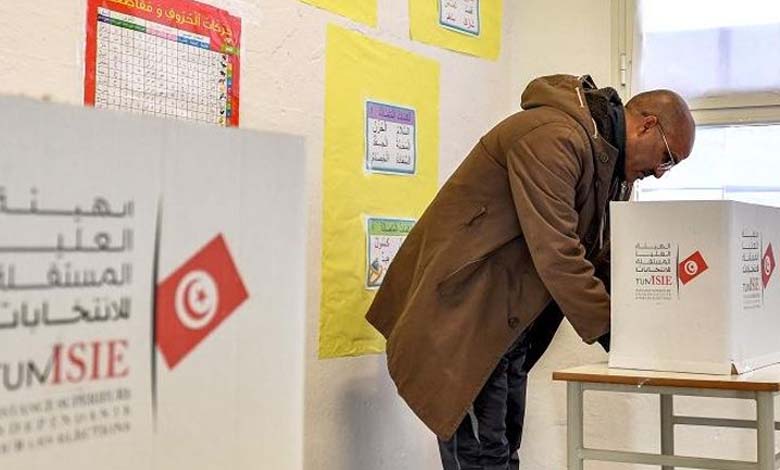Local elections oust the Brotherhood… Tunisia closes the chapter on the Brotherhood

In a final move closing the chapter on the organization of the Brotherhood, which dominated the scene during the “Black Decade,” Tunisians concluded on Sunday the second round of local council elections without any presence from them, against the backdrop of measures launched by President Kais Saied. These measures began with the freezing of the parliament dominated by the Ennahdha Islamist movement, and continued with a referendum on a new constitution and parliamentary elections.
The head of the election commission, Farouk Bouasker, said during a press conference in the capital Tunis, that “with the closing of polling stations, 520,303 Tunisian voters participated in the second round of local elections, representing an official and nearly final voter turnout of 12.44%.”
The voting process took place in the runoff round in 780 electoral districts, involving 1,560 candidates and 4.194 million voters. The first round of elections for the councils of regions and municipalities in Tunisia took place on December 24th last year amidst the boycott of the Brotherhood and its allies, notably the Ennahdha movement and the Labor and Accomplishment Party, in addition to the Democratic Current, Labor, and Pole parties.
The local elections, which are a prelude to the selection of members of the regional and municipal councils totaling 77 members, mark the final stage of President Kais Saied‘s reform project, which began on July 25, 2021, after toppling the rule of the Brotherhood.
In earlier statements, Tunisian President Kais Saied considered that “local elections will enable the marginalized and voiceless to be active and contribute to decision-making.”
President Saied stated that “the National Council for Regions and Municipalities will represent all Tunisians and will be close to citizens in the primary unit, the municipality, where the elected member will be a member of the local council and then of the regional and municipal council until the desired integration is achieved among all components of the people and between all regions.”
It is worth mentioning that the Ennahdha movement surged in the first parliamentary elections in 2011 after deceiving the Tunisian street and adopting victimhood, through which it managed to garner more than 50 seats.
However, President Kais Saied‘s accession to power launched the July 25, 2021 process, which aimed to cut off the path to this organization. He began launching a series of measures aimed at overthrowing this group from the political scene due to its crimes and involvement in corruption and other criminal cases.












